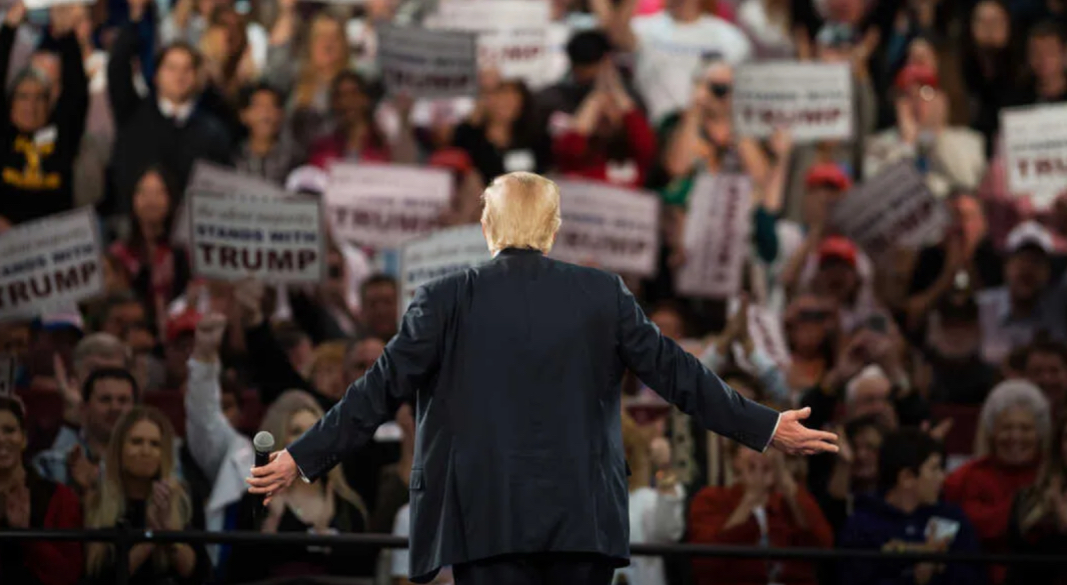In an exclusive interview with NBC, U.S. President Donald Trump did not rule out the possibility of running for a third term, despite the 22nd Amendment to the Constitution prohibiting it. Trump stated in the interview, “There are methods which you can do it, but it’s far too early to think about that.”
These comments sparked widespread speculation online and from constitutional scholars. One method that has circulated and gained traction throughout the media is Vice President J.D. Vance, who is running for President in 2028, with the intention of stepping down and handing over the role to Trump after he has won. When NBC’s Kristen Welker pressed Trump on this method, he stated, “Well, that’s one. But there are others too.” Some Republican lawmakers brushed the idea off as Trump joking and not being serious about it. Senate Majority Leader John Thune told reporters, “I think that you guys keep asking the question and I think he’s probably having some fun with it and probably messing with you.” Others, like Senators Ted Cruz and Chuck Grassley, pointed to the 22nd Amendment as the final word, with Grassley urging reporters to “read the Constitution.”
Despite prominent lawmakers brushing the comments off, some legal experts raised concerns about how seriously some individuals, like Tennessee representative Andy Ogles, might take the idea. Not long after Trump was sworn in, this representative introduced a House Joint Resolution to amend the Constitution to allow presidents to serve three terms. “President Trump’s decisive leadership stands in stark contrast to the chaos, suffering, and economic decline Americans have endured over the past four years. He has proven himself to be the only figure in modern history capable of reversing our nation’s decay and restoring America to greatness, and he must be given the time necessary to accomplish that goal,” Rep. Ogles says as he introduces the resolution.
Furthermore, constitutional scholars say the 22nd Amendment leaves little room for interpretation. David Super, a Georgetown University Law Center professor, called the idea “implausible,” arguing that the Constitution clearly bars anyone from seeking the presidency after two terms, directly or indirectly. Northwestern Law professor Paul Gowder echoed that sentiment, warning that any attempts to sidestep the rule “defeats the clear intent” of the amendment and could set a dangerous precedent.
Nevertheless, while the Constitution bars a third presidential term, Trump’s remarks, whether serious or not, have sparked a national debate. Whether this is a calculated political move or something more deliberate, lawmakers’ and legal scholars’ reactions suggest that any path to a third term would be arduous, contested, and deeply polarizing














